In a riveting open letter, Richard Odusanya has made a passionate plea for transparency and accountability from the former military president, General Ibrahim Babangida, concerning the controversial annulment of Nigeria's June 12, 1993, presidential election. This historical event, marked by turmoil and a subsequent breakdown in Nigeria’s democratic fabric, continues to reverberate through the nation's political landscape.
In his recently released memoir, A Journey in Service, Babangida admitted that Moshood Kashimawo Olawale Abiola indeed triumphed in that fateful election. Yet, in a decision he now describes as 'most regrettable', he annulled the results, setting in motion a sequence of events that altered the course of Nigerian history. Babangida has accepted full responsibility for the decision taken under his administration. However, beneath this acknowledgment lies a storm of outrage demanding not only more profound insights into the circumstances but also justice.
The narrative from Odusanya casts critical light on Babangida’s admittance, arguing that the public story of Babangida being outmaneuvered by his then-comrade General Sani Abacha might mask deeper truths. Odusanya’s appeal urges Babangida to lay out more candid accounts of what truly transpired.
Alongside Odusanya's request, the Committee for the Defence of Human Rights (CDHR), spearheaded by Debo Adeniran, is staunchly advocating for legal action. They are pushing for Babangida’s prosecution, accusing him of crimes against humanity due to the widespread chaos and violation of democratic norms the annulment catalyzed.
The CDHR calls for a revocation of national honors awarded to key figures linked with the annulment—including Ernest Shonekan, whom Babangida appointed as an interim president, General Sani Abacha, and Humphrey Nwosu, then-chairman of the National Electoral Commission. The organization also demands confiscation of assets from these beneficiaries.
In response to Babangida's public acknowledgments, President Bola Tinubu praised him for his honesty concerning Abiola's victory. Tinubu himself has lauded Abiola's contribution to Nigeria’s democracy by bestowing the posthumous GCFR title upon him. However, amidst the commendations, voices are rising for broader recognition of Abiola, a key figure in Nigeria’s political history who never got to claim his presidency.
The ripple effect of the annulment has left a long-standing impact, one where societal unrest and economic hardship lingered for years. Many demand that Babangida own up to the profound consequences engendered by his decisions during the transition period, ultimately calling for a reevaluation of the diverse national actions and honors linked to this pivotal moment in time.

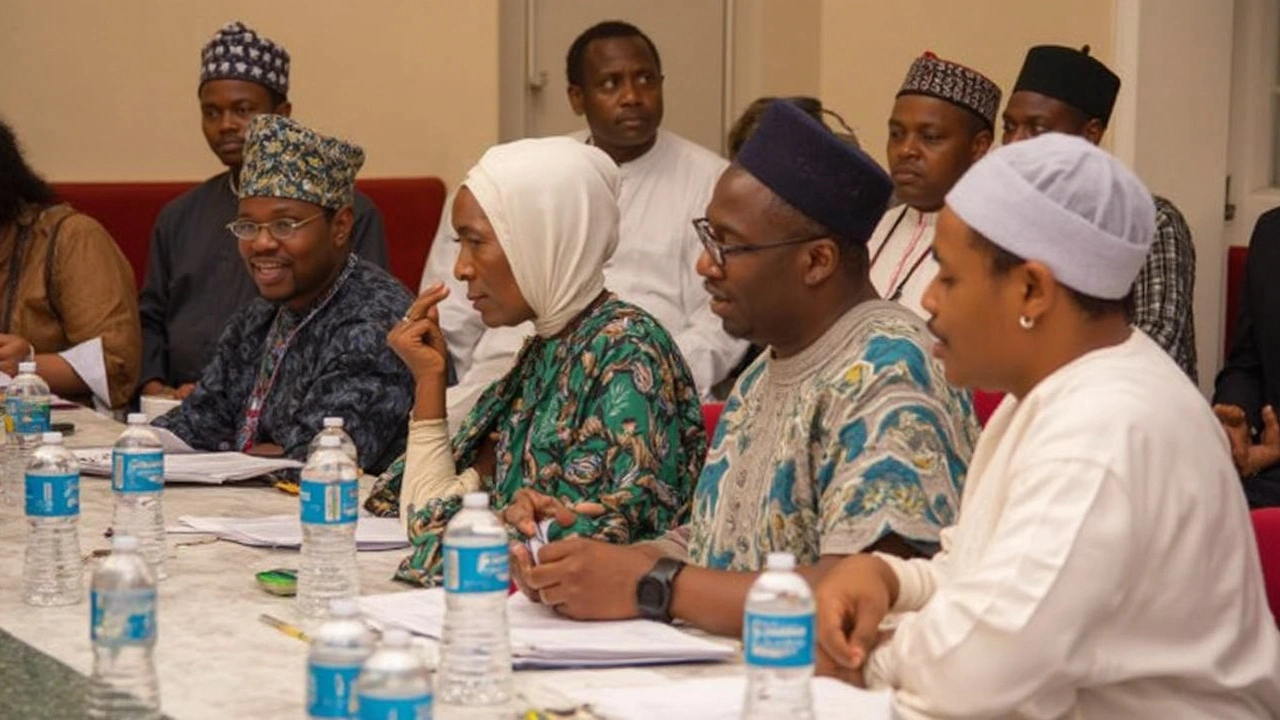
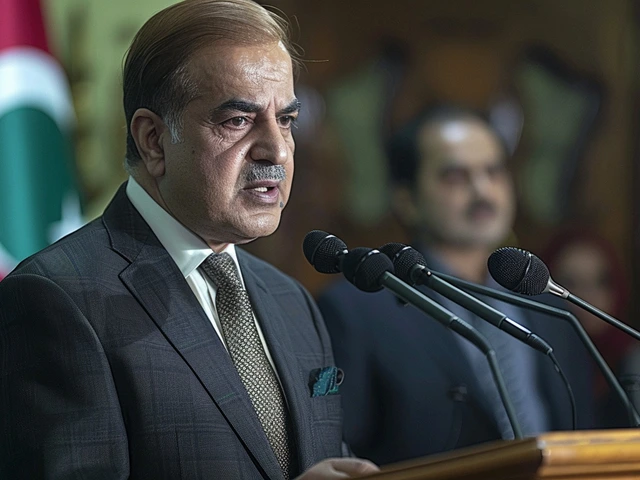
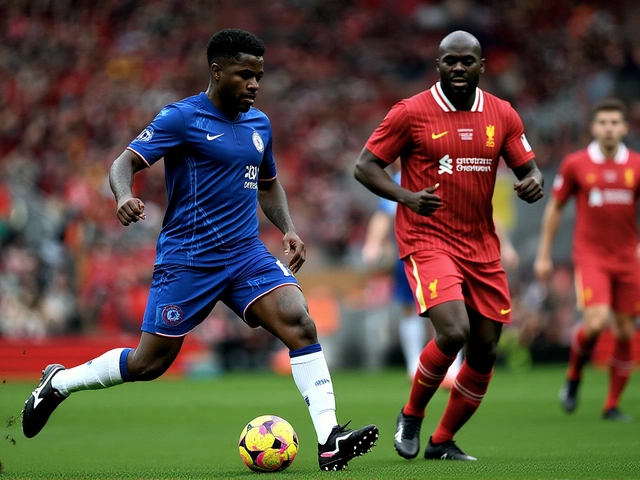
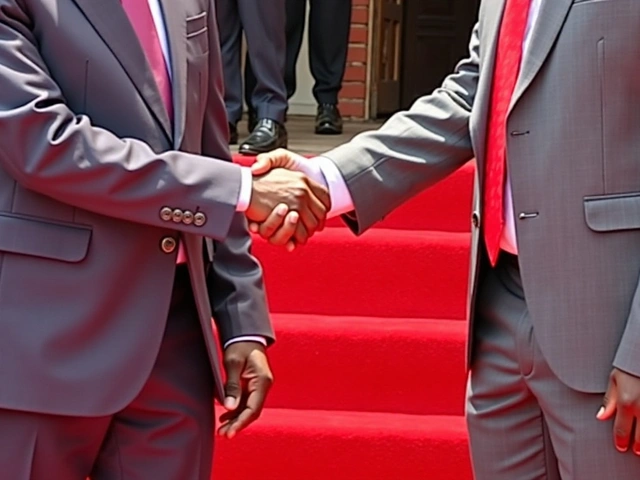
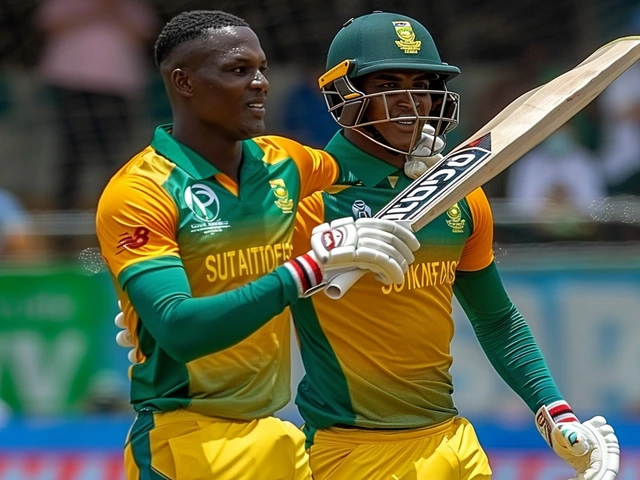

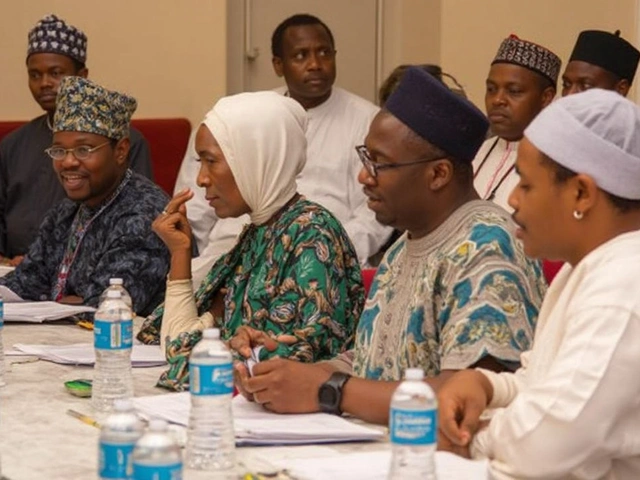
Ashutosh Bilange
February 24, 2025 AT 18:43Yo, this whole Babangida saga feels like an endless soap opera that never got a proper ending, bro. He finally admitted Abiola won, but the damage is like a scar that keeps throbbing every time someone mentions June 12. People keep saying "he was outmaneuvered" like it's a excuse from a bad video game boss fight. Honestly, it's a massive power play that cost the nation millions of hopes and dollars, and we still see the ghost of that decision haunting elections today. The only thing missing is a clear, unfiltered confession that lays all cards on the table.
Kaushal Skngh
March 8, 2025 AT 01:29Honestly, reading these dramatic rants feels like watching someone re‑hash the same old drama on repeat. While the anger is justified, the endless calls for "more accountability" become background noise when real reforms are still missing. It's like shouting into a void that has already heard the same complaints a thousand times.
Harshit Gupta
March 19, 2025 AT 08:16Hold up, you folks keep whining about a past blunder while ignoring the fact that today's leaders still dance to the same old tune of authoritarian charm. Babangida's confession is a relic, but the real battle is preventing future generals from pulling those same levers of power. People need to stop romanticizing the past and focus on building a system where no single man can cancel an election again. Patriotism means guarding our democracy from these repeat offenders, not just pointing fingers at dead presidents.
HarDeep Randhawa
March 30, 2025 AT 16:03Interesting take, but let's not forget: the narrative of “Babbanigga being outmaneuvered” is itself a crafted story, deliberately built to shift blame onto Sani Abacha!!! The over‑simplification here only serves to hide the deeper machinations at play!!! If we want truth, we need to demand a full de‑classification of military memos!!!
Nivedita Shukla
April 10, 2025 AT 22:49When one peers into the abyss of Nigeria's political memory, the 1993 annulment emerges not merely as a historical footnote, but as a wound that refuses to heal. The open letter by Odusanya is akin to a lighthouse flashing across a fog‑laden sea, daring the shadows of power to step forward. Babangida’s late admission that Abiola won the election is a revelation, yet it drifts like a hollow echo when not accompanied by concrete restitution. The call for accountability is not a novel chant; it is the drumbeat of a nation yearning for justice that never truly arrived. The collective outrage that surged after the annulment ignited fires in the streets, echoing the cries of a populace that felt betrayed by those sworn to safeguard democracy. In the years that followed, the economic tremors caused by political instability rippled through markets, crippling livelihoods and stoking resentment. The CDHR’s demand for revoking honors is more than symbolic-it is a demand that the state acknowledge complicity and strip away the veneer of legitimacy afforded to culpable actors. The very notion of honoring figures linked to the annulment creates a paradox, rewarding those whose actions dismantled democratic aspirations. Reclaiming those honors is an act of moral restitution, a rebuke to the narrative that historical misdeeds can be glossed over by medals. Babangida’s confession, while perhaps a step toward transparency, lacks the depth of an unvarnished confession that details the chain of command, the conversations behind closed doors, and the calculated logistics of the cancellation. Without that, accountability remains a hollow promise, a mirage on the horizon of a still‑fractured polity. The legacy of that fateful day continues to influence voter cynicism, with many questioning whether their vote truly matters. Restoring faith requires more than apologies; it demands structural reforms that ensure no future regime can unilaterally nullify an election. The demands for asset confiscation and revocation of titles serve as a practical mechanism to deter future overreach. They signal that the state will not passively condone abuses of power. It also resonates with the younger generation, who, despite being born after 1993, inherit the consequences of those choices-economic disparity, governance gaps, and social unrest. In this light, the open letter is not a mere nostalgic recollection but a clarion call for a new chapter where accountability is embedded in the very fabric of Nigerian governance. The broader African context, where many nations still grapple with electoral tampering, looks to Nigeria’s response as a litmus test for regional democratic resilience. The world watches, and the stakes are high: either Nigeria reforms and sets a precedent, or it slides further into the abyss of unaccountable rule.
Rahul Chavhan
April 22, 2025 AT 05:36We need to keep pushing for real reforms.
Joseph Prakash
May 3, 2025 AT 12:23🤔 the real issue is how to stop future leaders from pulling the same stunt, maybe stricter election watchdogs could help 😎
Arun 3D Creators
May 14, 2025 AT 19:09Look, the past is a mirror, not a chain-let's break the cycle and build a system that never lets a single man rewrite history.